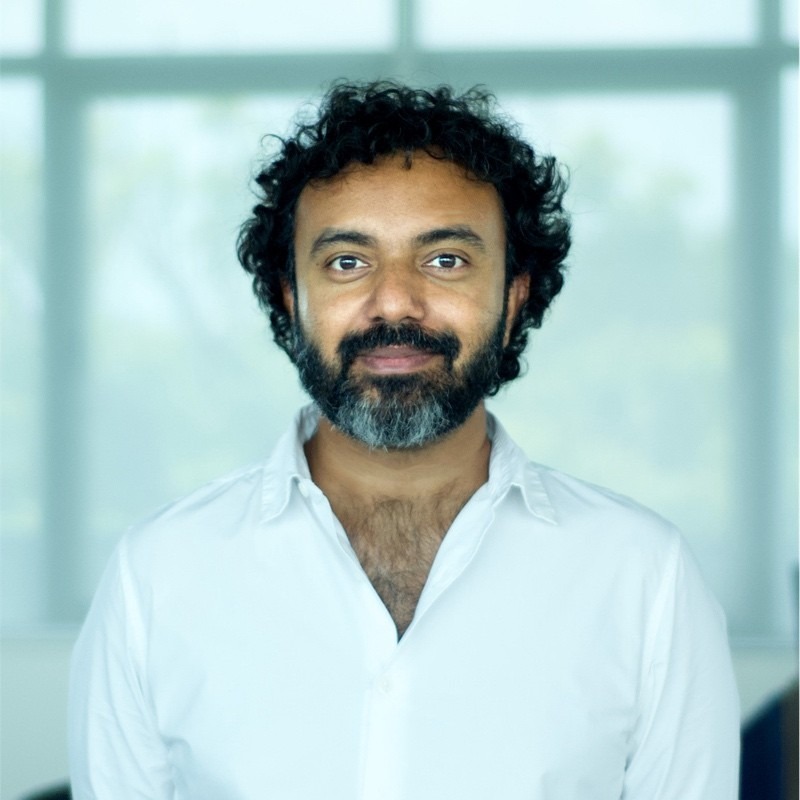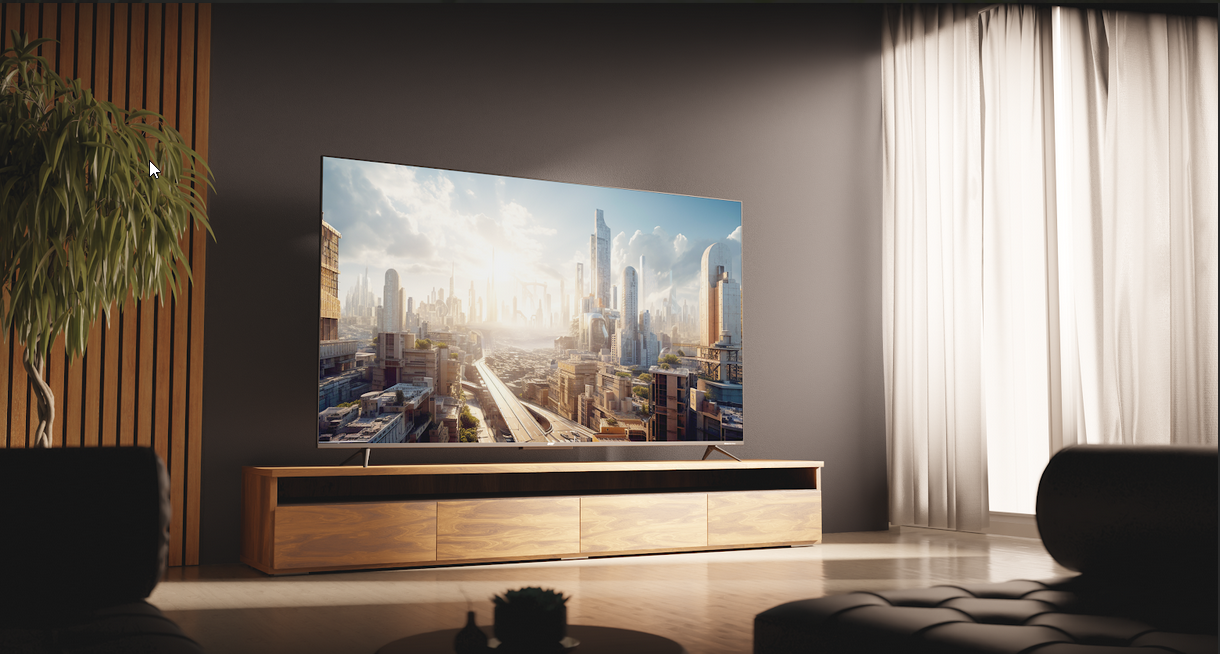The covid 19 pandemics have exposed the deep vulnerabilities and inherent gaps of India's healthcare system. The outbreak of covid 19 poised both a challenge and an opportunity for Indian healthcare startups. Despite several inherent challenges, startups promptly engage themselves and develop solutions for the COVID-19 applications in the areas of prevention, detection, disruption, management, and operational efficacy, and have provided innovations in medical goods and services. Also, we at Medicircle present to you the Healthcare Startup Series wherein we are interviewing the healthcare startups which have shined through in this pandemic.
Sundararajan Srinivasan is the chairman and co-founder of Ubiqare Private Limited. He has been developing and leading innovations in India, Asia, Europe, and the US over the past 35 years. He has covered a range of technology areas and computing communication and control. In his early career, he has pioneered indigenous digital power plant control systems for small hydro-based cogeneration plants in the sugar industry in India. He has also led global R&D functions and Philips Business Solutions, NXP, and Intel mobile communications which are leading the development of mobile platform software. He served as a member of the Governing Council of TSDO, which is a telecom standard developed in a society of India and has led the creation of a telecom standards roadmap for India.
Sridhar Pillalamarri is the CEO and co-founder of Ubiqare Private Limited. He has held global leadership positions in various organizations at various levels of management for the last 33 years with about 20 plus years of experience in senior executive roles. He is also associated with a few NGOs and social organizations such as the Indian Cancer Society and has been actively volunteering to help in cancer screening activities and helping grow volunteers to support Hospice hospitals and other organizations. Prior to starting Ubiqare health company, he was the Managing Director of Max linear India Private Limited and has helped set up its operation in India.
Telecommunication will change the future of the healthcare
Sundararajan Srinivasan says, “The way I look at startups is singularly and collectively in reshaping the healthcare industry at a certain slow pace. I think the beauty of this is that reshaping is happening in several ways. There are different efficiencies coming in. You will not have to wait one day for a radiologist to report anymore. You can actually get the report immediately in 15 minutes with the doctor’s suggestions as well. You do not need to go back to the hospital again. Also, if you have an illness like cancer or stroke, 95% of your time can be saved by taking it home itself avoiding a trip to the hospital. So the entire industry is undergoing different reshaping. That is part of the excitement of the journey. Telecommunications and cloud computing and practically all the technologies are arranged to bring in this kind of transformation.
Healthcare startups focus this pandemic
Sridhar Pillalamarri says, “ In simplistic terms, healthcare comprises two large boxes.
Pre-stage: This is called the diagnosis stage when somebody is ill.
Post-stage: This is called the treatment stage. Lots of follow-ups happen in this stage
A lot of start-ups are making inroads and actually developing things that will contribute to a greater extent. It is basically the technology that brings in a lot of changes here. Our focus is to provide end-to-end solutions to specific problems. For example, Radial Radiology. A lot of startups are focussing to ensure electronic regions this time so that we can access the problem and possibly reach out to certain parts of the country with good, reachable, and sizable amounts of healthcare. But the vast population doesn’t have it.
There are several startups today not focussing to bring technology elements both in terms of diagnosis and follow-up. Both Sundar and I have 30 +years of experience in the healthcare industry embedded with space technology. We started this journey into healthcare and actually felt that it is feasible to put technology efficiencies into possibilities.
There is a lot of learning we have to undergo in this process. So there is ample opportunity, scope, and a lot of work already happening. It depends upon how the entire thing shapes up. Different startups have different visions. Everything will collaboratively come to some conclusion which is definitely going to happen at a positive time.”
The economic landscape of the healthcare sector
Sundararajan Srinivasan informs, “ There is an economic part in healthcare which will change the economic landscape. You have to go to the center of the healthcare i.e hospital or healthcare center where economies of scale exist. This is where all the skilled workers meet. The centralized hospitals are not the only places where you get 100% healthcare. Close to 40 - 50 % of healthcare would come away from their expenses. This is the vision we are unfolding according to what we see. And that's why we embark on the name of our company itself as “Ubiquitous Care.“ We care for you at a scale where we are trying to push forward.
Healthcare accessible from home is possible now
Sridhar Pillalamarri says, “ We have focussed on follow-up care. That's how we started when we looked at this is those complex illnesses that need home healthcare. You can see the home health care market also growing primarily. A large chunk of human care was focused on primary care and nursing caretaker. We ourselves, both Sundar and I, in our own families, have seen situations where complex illness like cancer does require a whole lot of attention. A simple nurse or caretaker cannot help post-discharge from a hospital. The question right now is a form of care that has a lot of requirements of actually having a “Doctor Connect.”
We actually started focusing on how to take care of follow-up care, through the mechanism of having access to technology. Our doctor can supervise things and whole configurable workflows can actually work in a way where care can be done by an end to end mechanism after getting discharged from the hospital through a collaborative framework of all the people who are existing to help the patient have a better outcome.
That is where we started our journey and we actually looked at and understood the need. We tied up the business model for a collaborative framework and ensured that the end patient does get the right supportive care. We looked at palliative care and supportive care for stroke and cancer patients. And it did make a positive impact. So it was a very good journey. We are taking it to the next level by saying how we can use that to enable a collaborative framework for people and other healthcare organizations. They want to extend that care to patients at home.”
Three important things to make healthcare accessible and affordable
Sundararajan Srinivasan informs, “Expertise: Expertise is very important for correct diagnosis and treatment. Everybody wants to be the best doctor for their patients. And it's not just telemedicine, but also digitization of how the digitization of care protocols actually can play a big role in empowering people far away and disseminating the expertise. It is the protocol that makes the difference. Skills and training: This is an important aspect when it comes to choosing doctors for rural areas. People must trust that doctors in villages are quite educated and aware of the latest technologies. Broadband network: The broadband network should be penetrating all over. And if that momentum continues, then dissemination of information, even telepresence is not a big deal. I mean, we could actually reach out to people across all those things, and people can coach each other.”
(Edited by Dr.Rati Parwani)
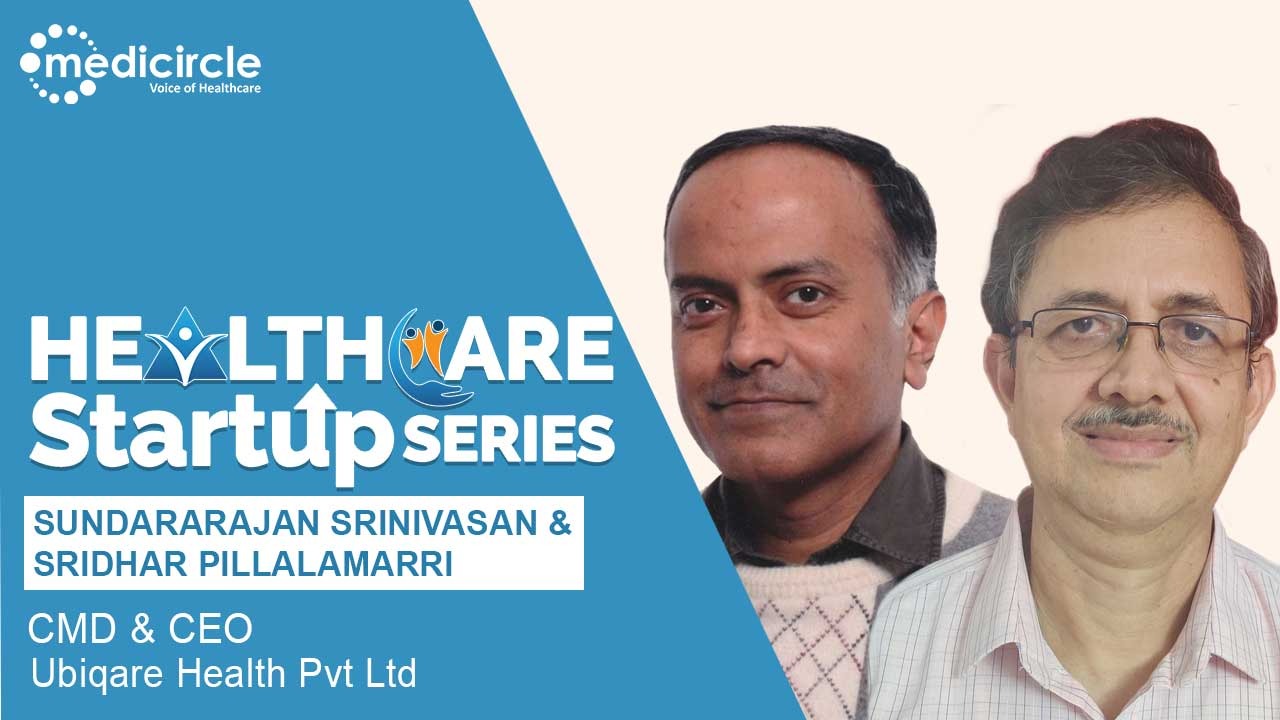
 Sundararajan Srinivasan and Sridhar Pillalamarri give insights into changes that need to be brought about in the sector of healthcare for a better future of telemedicine. They talk about their journey and give a viewpoint of the current scenario of startups in the healthcare
Sundararajan Srinivasan and Sridhar Pillalamarri give insights into changes that need to be brought about in the sector of healthcare for a better future of telemedicine. They talk about their journey and give a viewpoint of the current scenario of startups in the healthcare










.jpeg)


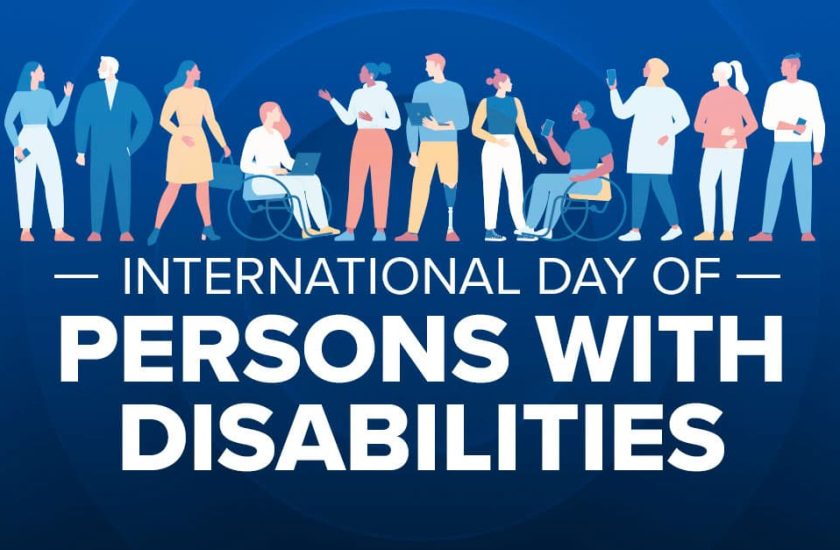


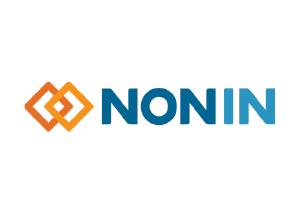
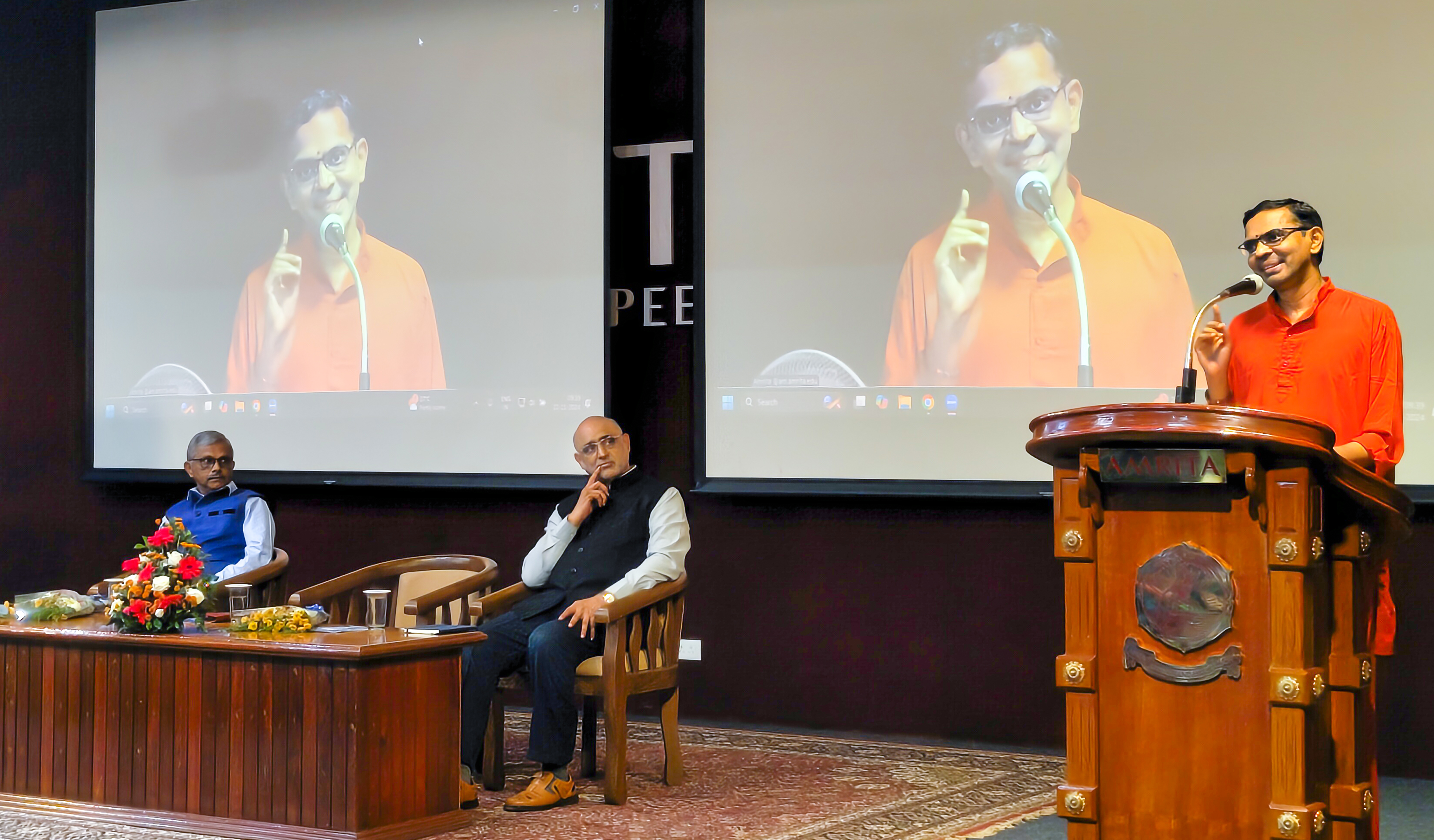
.jpg)
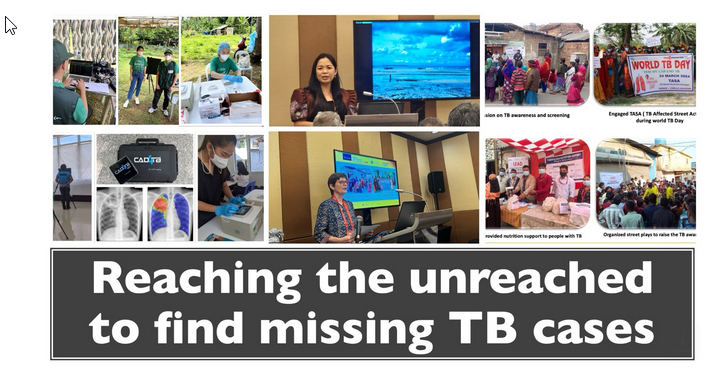


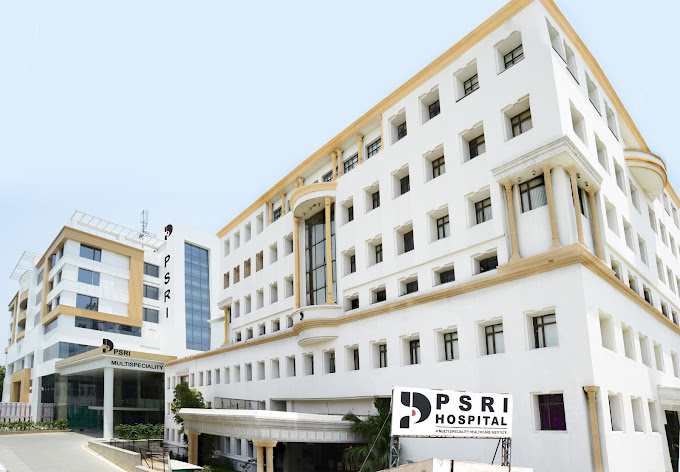
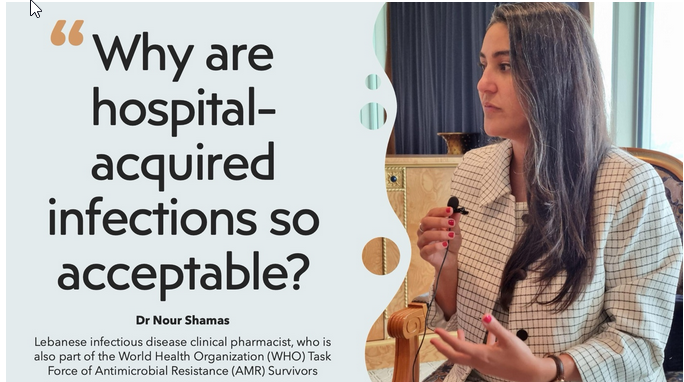
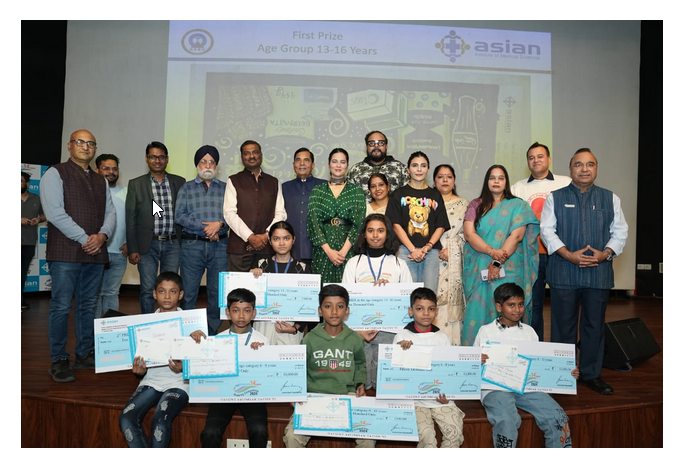
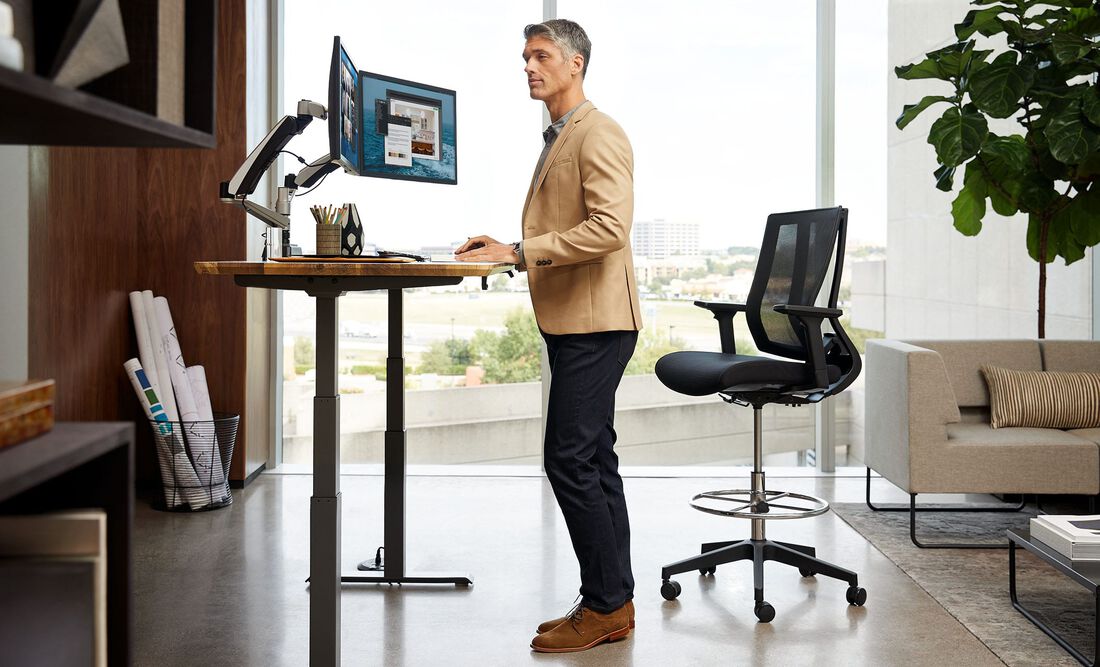
.jpg)



